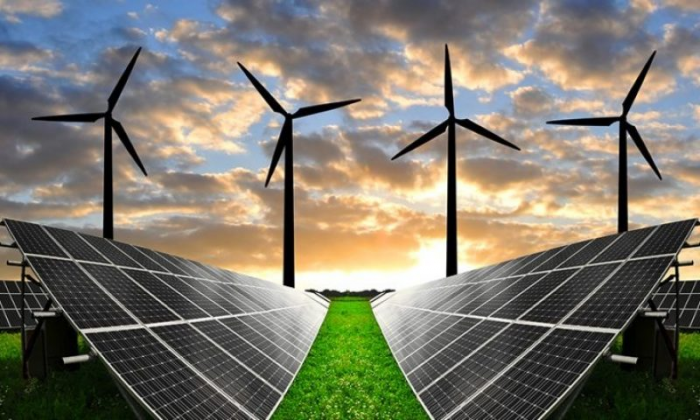Country-level measures
The key country-level measures for supporting the decarbonisation of heating and cooling mostly corresponds to the energy efficiency measures:
- Tax deductions: who develops energy efficiency interventions on buildings can benefit from tax deductions up to 50%. Interventions such as heat pumps or solar thermal power are normally eligible under such schemes.
- "Conto Termico 2.0": incentive for energy efficiency and renewable production on buildings for public administration and private companies and individuals (also through ESCo). This includes - among the others - incentives for heat pumps, biomass heaters, and solar thermal energy.
- National Fund for Energy Efficiency: fund that supports public administration's and private companies' investments for intervention in energy efficiency of buildings, plants and production processes.
Island-specific measures
The implementation of the Ministerial Decree 14/02/2017 has set a specific grant for the production of thermal energy on small non-interconnected islands:
- Heat pump water heaters: the contribution is 50% of the expenditure incurred for the purchase, up to a maximum of €500 for products with a capacity less than or equal to 150 litres and €850 for products with a capacity greater than 150 litres.
- Solar thermal panels: the contribution is proportional to the surface area installed, with a maximum of 65% of the expenditure incurred.
The above schemes cannot be cumulated with other public support mechanisms.
The Municipalities of islands are also often beneficiaries of dedicated funding schemes including renewable electricity generation as possible interventions, such as:
- Call for Interventions for Energy Efficiency, Sustainable Mobility and Adaptation to Climate Change Impacts in Small Islands (2017).
- National Resilience and Recovery Plan - measure "Green Islands", assigning 200 M€ to interventions on energy, water, transport and waste for the 19 small non interconnected islands (2022).
Regional grants funding might also be or become available depending on the specific territorial context.
Competent authorities
- Ministero dell'Ambiente e della Sicurezza Energetica (MASE): it is responsible, together with the rest of the Government and the Parliament, for the identification of national targets and policies, the development of legislation around the energy system and the authorisation processes, as well as in the management of the permitting processes concerning the largest energy plants.
- Gestore dei Servizi Energetici (GSE): fully public company entrusted with the promotion and development of renewable energy sources and energy efficiency.
- Autorità di Regolazione per Energia Reti e Ambiente (ARERA): independent regulation authority for the electricity, gas, water, district heating / district cooling, and waste disposal sectors.
- Agenzia delle Entrate: fiscal agency which performs functions relating to tax assessments and controls and tax management.
Key references
- Ministero dell'Ambiente e della Sicurezza Energetica - Incentivi per l'efficienza energetica
- Agenzia delle Entrate - Agevolazione per il recupero del patrimonio edilizio
- Gestore dei Servizi Energetici - Conto Termico
- Ministero dell'Ambiente e della Sicurezza Energetica - Fondo Nazionale Efficienza Energetica
- Gestore dei Servizi Energetici – Isole Minori (D.M. 14/02/2017)
- Ministero dell'Ambiente e della Sicurezza Energetica - Interventi di efficienza energetica, mobilità sostenibile e adattamento agli impatti ai cambiamenti climatici nelle isole minori
- PNRR Isole Verdi
- ARERA, Delibera 27 dicembre 2022 727/2022/R/eel, Definizione, ai sensi del decreto legislativo 199/21 e del decreto legislativo 210/21, della regolazione dell’autoconsumo diffuso. Approvazione del Testo Integrato Autoconsumo Diffuso

